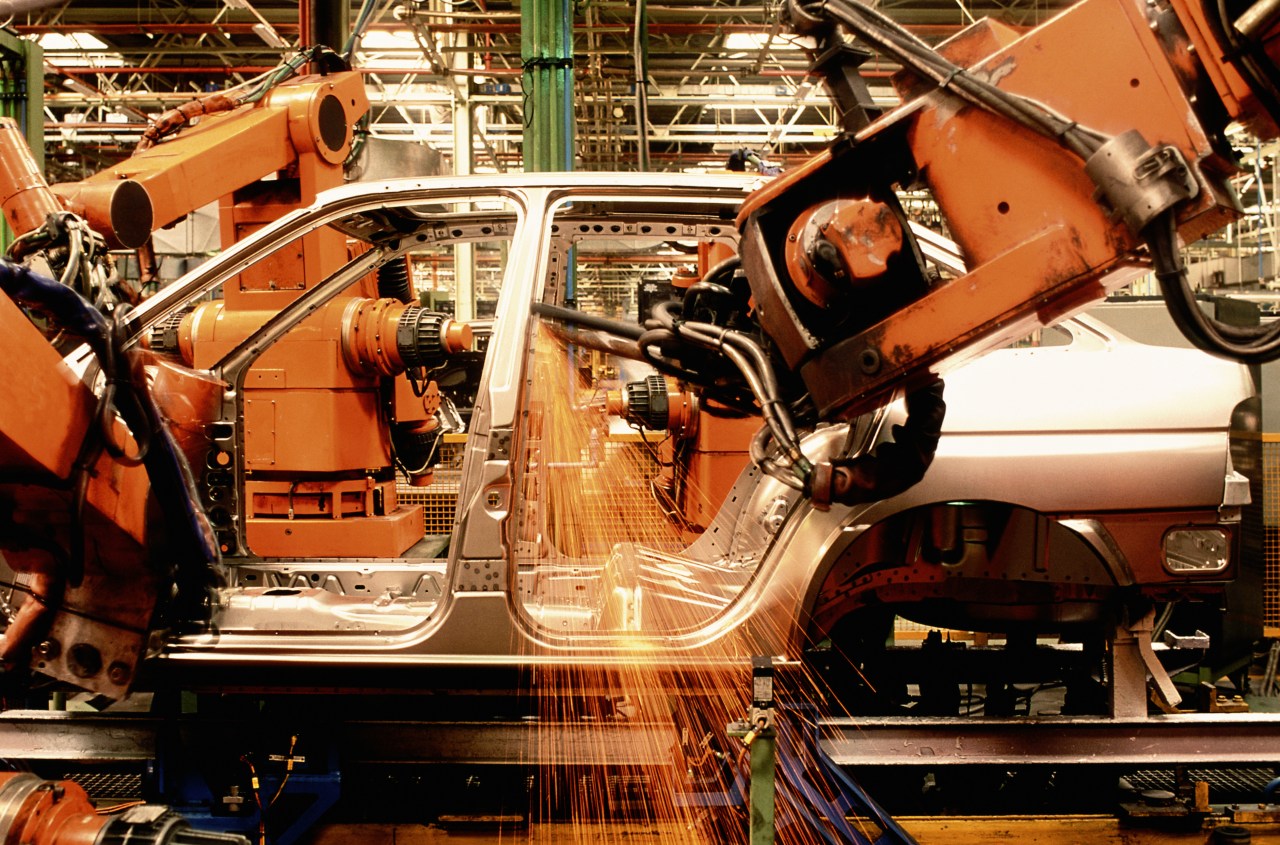In recent years, the landscape of international trade has been drastically reshaped, with tariffs playing a pivotal role in influencing various sectors, especially technology and robotics. The discussion surrounding tariffs is often portrayed as a complex web of political maneuvering and economic strategy, yet the tangible effects are felt by consumers and manufacturers alike. As companies navigate this unpredictable terrain, the consequences are becoming increasingly clear, particularly for the robotics industry.
The Tariff Tango: A Cautionary Tale
One of the most striking instances of tariff impact comes from tech behemoth Apple. During a significant meeting in 2019, Apple’s CEO Tim Cook articulated his concerns over the implications of tariffs on consumers and economic growth. His statement underscored the challenging dynamic where tariffs, rather than acting as protective measures for local businesses, often function as an additional financial burden for consumers. The ramifications of this can extend beyond mere pricing, rippling through supply chains and affecting business operations, as seen across multiple industries, from textiles to electronics.
Impact on Consumer Robotics
Consumer robotics has not remained untouched by the storm of tariffs. Take iRobot, the makers of the Roomba; CEO Colin Angle highlighted that tariffs have forced manufacturers to make tough choices. While their premium products are somewhat insulated from price sensitivity, they still felt the pinch. In an effort to maintain profitability, the company opted to absorb some of the tariff costs initially. However, this strategy proved short-lived as they eventually raised prices, thus negatively impacting growth rates within the industry.
Industry Responses and Adjustments
- Absorption of Tariff Costs: Many companies initially tried to absorb costs, hoping to shield consumers and maintain sales momentum.
- Price Adjustments: As the burden became unsustainable, raising product prices became the inevitable choice, often leading to decreased customer demand.
- Maneuvering Supply Chains: Some firms looked for new suppliers or localized production options to mitigate the impact of tariffs on materials and components.
Industrial Robotics Facing the Heat
On the industrial side, companies that rely significantly on materials like steel are feeling the pressure even more acutely. Eckhart, a collaborative robotics manufacturer, reported that steel tariffs particularly strained their operations. Such organizations are not only contending with increased costs but also with a wavering purchase intent from traditional sectors like automotive manufacturing. This situation creates uncertainty for companies reliant on steady demand from these maturing industries.
Global Giants and Emerging Trends
Interestingly, some global players like DJI, focused primarily on drones, reported a mixed impact. Although they encountered some tariff-related challenges, their innovative prowess has allowed them to maintain a stable market presence. This highlights a crucial point: while tariffs can hinder entry into new markets or inflate costs, companies well-versed in adaptability can still thrive.
Emerging Opportunities Beyond Trade Wars
Despite the looming threat of a prolonged trade war, the growth trajectory of robotics as a whole appears resilient. Experts suggest that the demand for robotics solutions is shifting across industries, including healthcare and agriculture. This diversification of applications could potentially offset declines in traditional markets like automotive manufacturing.
Conclusion: Navigating Uncertain Waters
The ongoing discourse surrounding tariffs presents a complex and multifaceted challenge for the robotics industry. While companies across the board are facing increased costs and potential market shifts, there is a nuanced recognition of the innovative spirit that continues to drive growth. Manufacturers are compelled to reckon with these prevailing economic tides, adapting their strategies in real-time.
At fxis.ai, we believe that such advancements are crucial for the future of AI, as they enable more comprehensive and effective solutions. Our team is continually exploring new methodologies to push the envelope in artificial intelligence, ensuring that our clients benefit from the latest technological innovations. For more insights, updates, or to collaborate on AI development projects, stay connected with fxis.ai.

